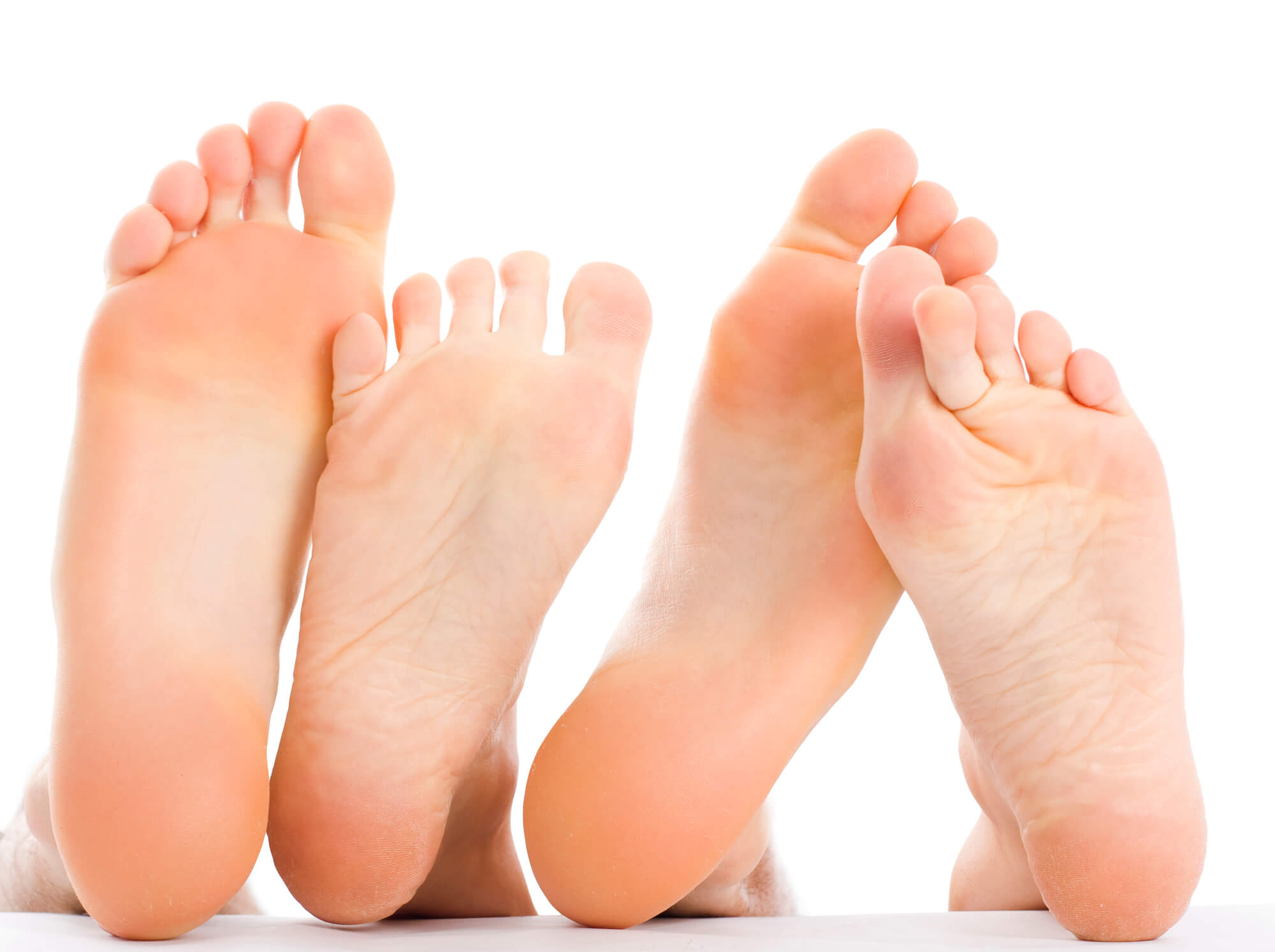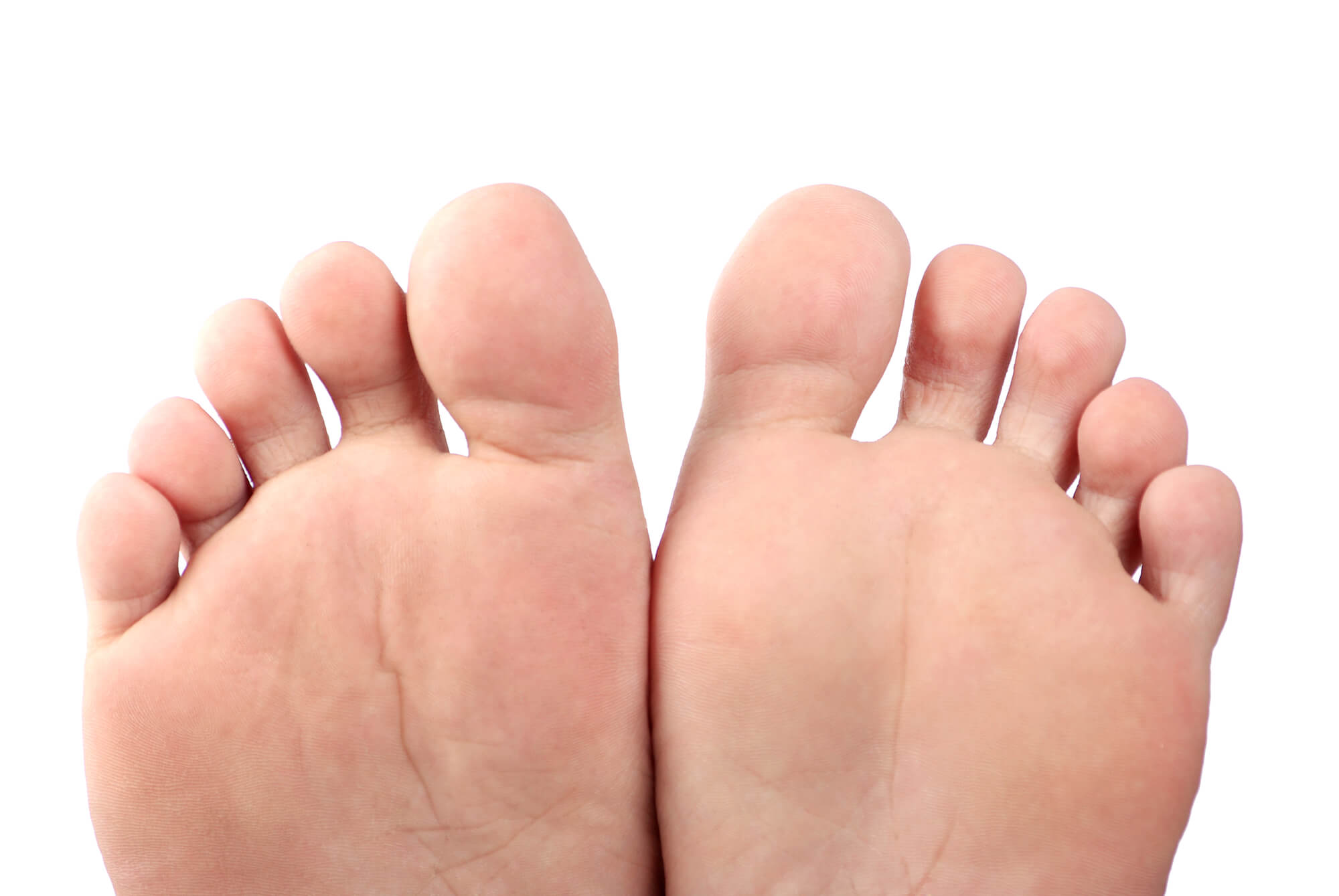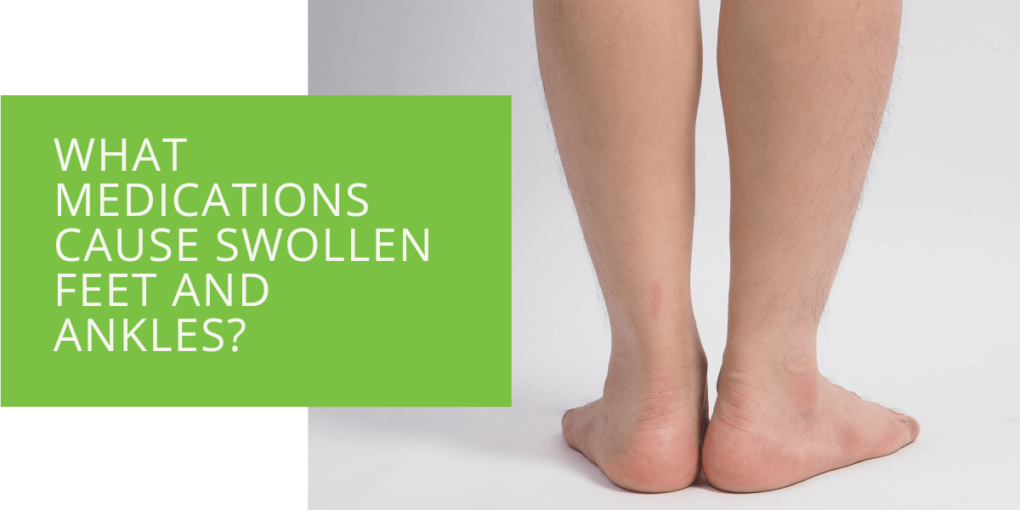What Medications Cause Swollen Feet and Ankles?
Swelling in the feet and ankles is a common issue affecting individuals of all ages and backgrounds. While there are many potential causes of this condition, certain medications are known to cause swelling in the lower extremities as a side effect. For patients taking medication to manage underlying medical conditions, peripheral edema can be a frustrating and uncomfortable side effect. This article will delve into the medications that cause feet and ankles to swell and strategies for managing this condition. By understanding the underlying causes of medication-related swelling and implementing appropriate treatment strategies, individuals can effectively manage this condition and improve their overall quality of life.
Medications That Commonly Cause Swelling in the Feet and Ankles
Several types of medication are known to cause the feet and ankles to swell. These include diuretics, calcium channel blockers, NSAIDs, steroids, antidepressants, and hormones.
Diuretics
Diuretics are a medication used to treat high blood pressure, heart failure, and other conditions. They work by increasing the amount of urine produced by the kidneys, which helps reduce fluid retention in the body. While diuretics can effectively treat these conditions, they can also cause swollen ankles and feet as a side effect. The medication can reduce the amount of fluid excreted from the body, leading to excess fluid buildup in the lower extremities.
Calcium Channel Blockers
Calcium channel blockers are blood pressure medication that relaxes the blood vessels. This helps to improve blood flow and reduce blood pressure. While these medications can effectively treat high blood pressure, they can also cause foot and ankle swelling as a side effect. This is because the medication can cause the blood vessels in the lower legs and feet to widen, leading to excess fluid buildup in the extremities.
NSAIDs
NSAIDs are a type of medication that is used to treat pain and inflammation. While these medications can effectively relieve pain and reduce inflammation, they can also cause feet and ankles to swell as a side effect. This is because the medication can cause the blood vessels in the lower legs and feet to widen, leading to excess fluid buildup in the extremities.

Steroids
Steroids are a type of medication that is used to treat inflammation and a variety of other conditions. While these medications can effectively treat these conditions, they can also cause swelling as a side effect. This is because the medication can cause the body to retain excess fluid, leading to peripheral edema.
Antidepressants
Antidepressants are a type of medication that is used to treat depression and other mood disorders. While these medications can effectively treat these conditions, they can also cause the feet and ankles to swell as a side effect. This is because the medication can cause the blood vessels in the lower legs and feet to widen, leading to excess fluid buildup in the extremities.
Hormones
Hormones are a medication used to treat various conditions, including birth control, menopause, and other hormonal imbalances. While these medications can effectively treat these conditions, they can also cause feet and ankles to swell as a side effect. This is because the medication can cause the body to retain excess fluid, leading to peripheral edema.
Other Medications That May Cause Swollen Ankles and Feet
In addition to the medications listed above, several other types of medication may cause swelling as a side effect. These include certain blood pressure medications, such as amlodipine, and medications used to treat kidney disease and other conditions.

Managing Medication-Related Swelling in the Feet and Ankles
If you are experiencing swelling due to medication, several strategies can help manage this condition. These include:
- Reducing sodium intake: Excess sodium intake can contribute to fluid retention in the body, worsening swelling. Reducing your sodium intake can help to reduce fluid buildup in the body.
- Elevating the legs: Elevating the legs above the heart can help to improve circulation and reduce swelling.
- Wearing compression stockings: Compression stockings can help improve leg circulation and reduce swelling.
- Switching to a different medication: In some cases, switching to a different medication may be necessary to alleviate the swelling.
- Consultation with a podiatrist or physician: If you are experiencing swelling due to medication, it is important to consult with a podiatrist or physician. They can help determine the underlying cause of your swelling and develop a treatment plan tailored to your needs.
Conclusion
Medication-related swelling in the feet and ankles can be a bothersome and uncomfortable condition. If you are experiencing swelling in your lower extremities due to medication, consulting with a medical professional is important. They can help determine the underlying cause of your swelling and develop a treatment plan tailored to your needs. By working with your healthcare provider and following the strategies outlined in this article, you can effectively manage medication-related swelling and improve your overall quality of life.
FAQ
What prescription drugs cause swollen feet?
Certain prescription medications are known to cause swelling in the feet as a side effect. These medications include diuretics, calcium channel blockers, NSAIDs, steroids, antidepressants, and hormones.
How do you reduce swelling in ankles due to medication?
Several strategies can help to reduce swelling in the ankles due to medication. These include reducing sodium intake, elevating the legs, wearing compression stockings, switching to a different medication, and consulting a medical professional.
What medications cause fluid retention?
Certain medications, including diuretics, steroids, and hormones, can cause fluid retention as a side effect. This can lead to swelling in the feet and ankles and other symptoms such as shortness of breath, chest pain, itching, and flushing.

